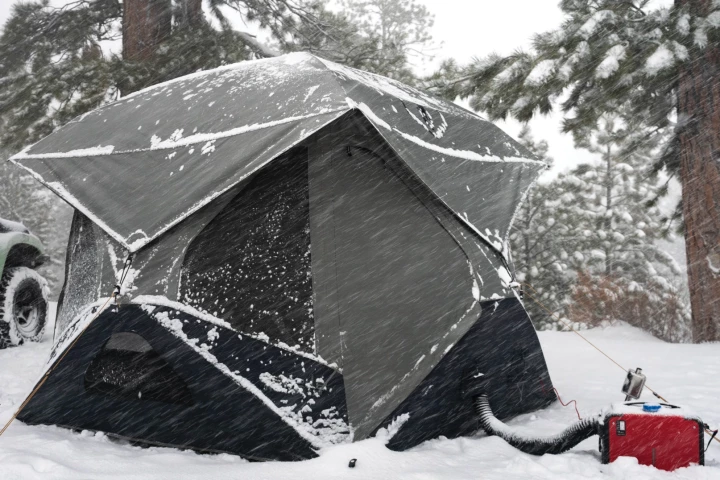After a tense 24 hours of vote counting it seems a Denver city initiative to essentially decriminalize personal use and possession of psilocybin magic mushrooms has been passed. With a margin of less than 2,000 votes Denver has become the first city in the United States to pass such a controversial measure.
The extraordinary ballot initiative has functioned effectively as the first public referendum in the United States on the public acceptability of magic mushrooms. The initiative will only cover the city and county of Denver, and while it doesn't explicitly decriminalize magic mushrooms, it does direct the police to make it a low law enforcement priority and prohibit city attorneys from expending resources to pursue criminal penalties for personal use cases.
The full ballot question that Denver voters faced stated:
"Shall the voters of the City and County of Denver adopt an ordinance to the Denver Revised Municipal Code that would make the personal use and personal possession of psilocybin mushrooms by persons twenty-one (21) years of age and older the city's lowest law-enforcement priority, prohibit the city from spending resources to impose criminal penalties for the personal use and personal possession of psilocybin mushrooms by persons twenty-one (21) years of age and older, and establish the psilocybin mushroom policy review panel to assess and report on the effects of the ordinance?"
After an amazingly close day of vote counting, leading many media outlets to prematurely announce the initiative's failure, the Denver Elections Division finally reported the closing tally as 89,320 yes votes to 87,341 no votes. A small number of absentee votes are still to be counted, however, it is suggested this should not overturn the final result. The ultimate result will not be certified until May 16.
In many ways this victory is primarily symbolic as magic mushrooms will still be essentially illegal in the city (and still considered a Schedule 1 illegal drug in the rest of the country). Practically, the initiative will not have a broad immediate effect as magic mushroom arrests in Denver have only comprised a tiny fraction of the city's total drug cases, with reports suggesting as little as 11 psilocybin cases prosecuted over the past three years.
Kevin Matthews, manager of the campaign that promoted the ballot initiative, affirms this victory is as much about starting a national conversation about the potential medical benefits of psilocybin as it is about reducing unfair drug convictions in the city.
"Our victory here is a clear signal to the rest of the country that we're ready for a broader conversation around psilocybin and its potential benefits," says Matthews to The Denver Post.
The victory follows a growing body of scientific evidence finding psilocybin to have a variety of potential medical uses, so much so that the FDA granted the drug a Breakthrough Therapy designation in 2018.
The Denver city referendum victory is also particularly symbolic as it recalls similar marijuana decriminalization measures passed in the city over a decade ago. While the state of Colorado did not officially move to legalize marijuana until 2012, it is suggested these early city ordinances, passed in ways similar to this psilocybin initiative, helped establish the progressive public discourse that years later led to the state becoming the first in America to advance recreational use laws.




